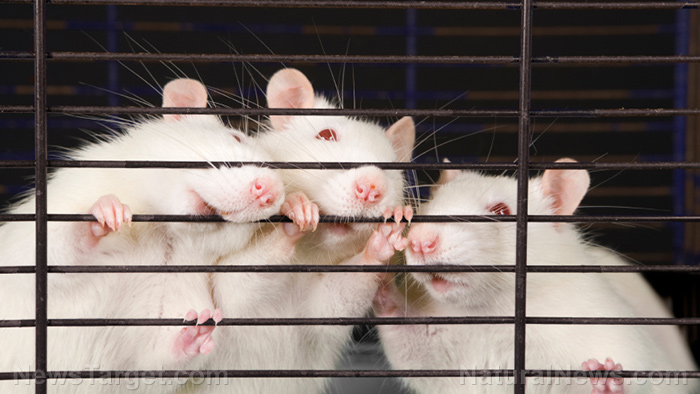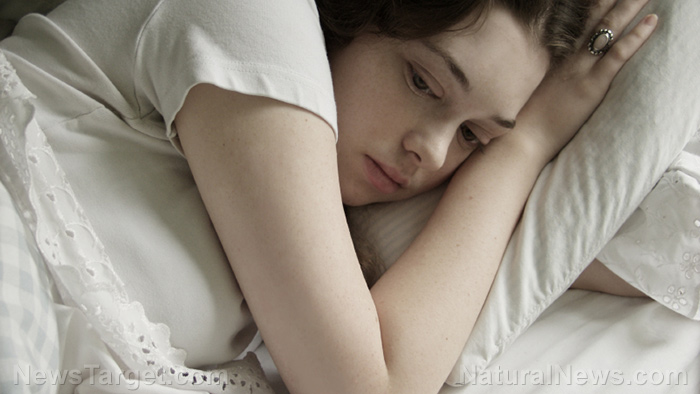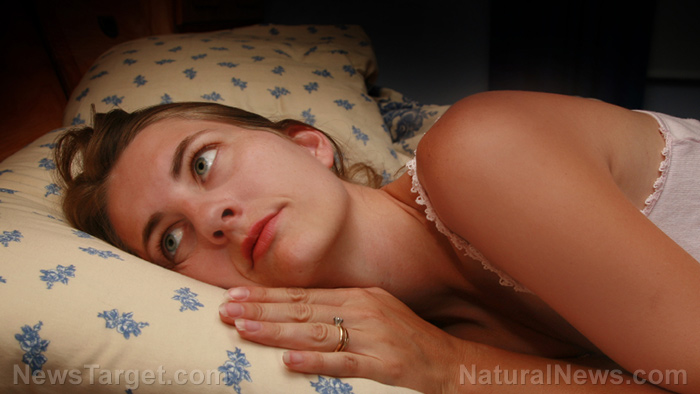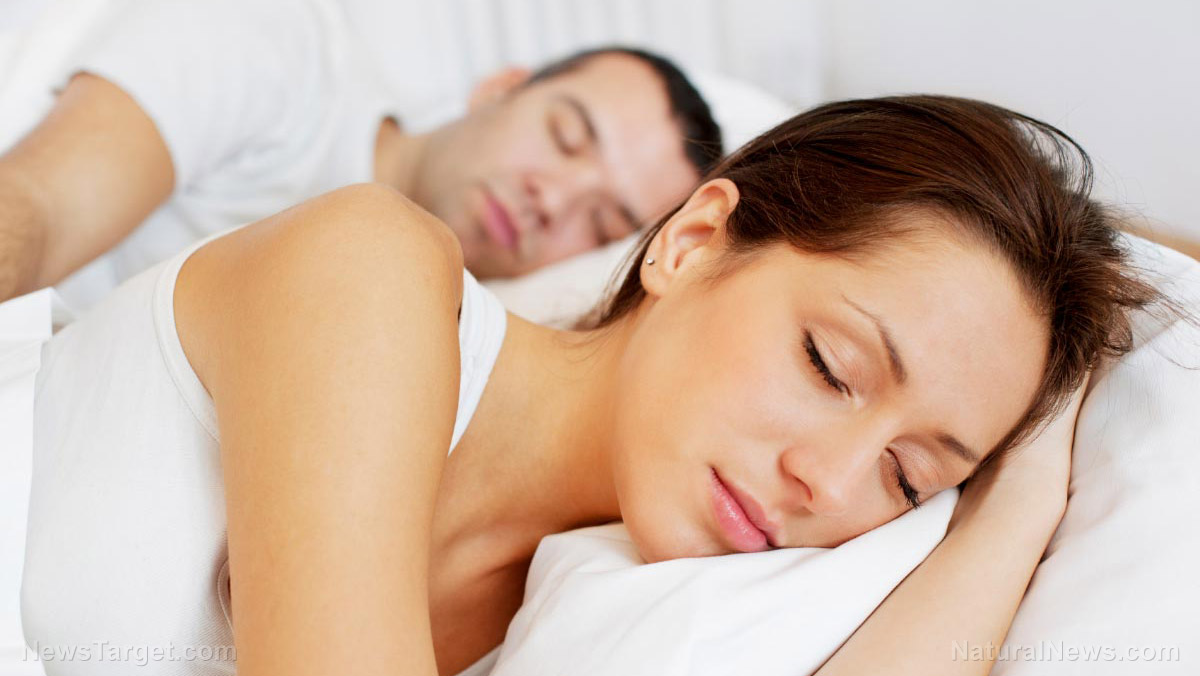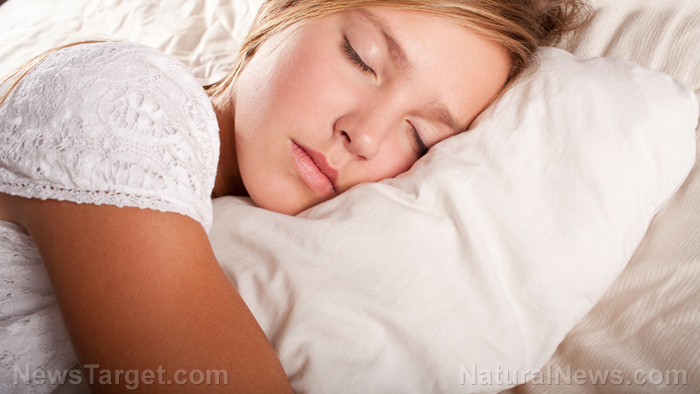Five-phase music therapy based on TCM’s elements found to be safe and effective for treating depression in stroke victims
02/06/2019 / By Jhoanna Robinson

A recent study in the Journal of Traditional Chinese Medicine sought to analyze the effectiveness of five-phase music therapy in patients suffering from depression after having ischemic stroke.
Depression is regarded as a series of emotional disorders brought about by various reasons. The number of people being diagnosed with clinical depression increases each year, with the condition being predicted to becomes the second most common disease affecting the global population after cardiac disease by 2020.
Post-stroke depression is a secondary type of depression. It is significant as it greatly affects patient survival quality, suppresses the repair of mental and cognitive function, and increases the incidence of mortality and disability, resulting in neurological and physical pain for the patients and adding to the burdens of their family.
According to a previous report, the morbidity of severe or mild depression after a stroke was 18 percent. It influences the quality of life of stroke patients. (Related: 10 Nutritional Deficiencies That Cause Depression and Mood Disorders.)
The new study was conducted by grouping a total of 92 patients with post-stroke depression. The patients, who were hospitalized in Guangzhou Hospital of Traditional Chinese Medicine between March 2014 and February 2015, were assigned into the control group (32 cases), treatment group A (30 cases), and treatment group B (30 cases).
Participants in each group were provided with treatment for cerebral infarction, a condition that results from a blockage in the arteries that transport blood and oxygen to the brain. This was done by giving the patients Western medicine such as trophic nerve drugs (citicoline sodium) to improve blood circulation, regulate blood pressure and glucose, regulate blood lipid concentration, and prohibit platelet aggregation. Aside from that, the control group was given 50 milligrams of oral sertraline hydrochloride every day.
Groups A and B, on the other hand, were given needling treatment at Baihui (GV 20) plus acupoint injection at Yanglingquan (GB 34) every day. Treatment group B, on top of receiving said needling, was also given music therapy based on the five phases of traditional Chinese medicine twice daily.
Treating post-stroke depression via traditional Chinese medicine has its benefits. For one, music therapy has been known to alleviate emotional and psychiatric conditions, including neurological disorders such as aphasia, autism, dementia, Parkinson’s disease, stroke, and visual neglect, among others.
The five-phase music therapy uses the theory of five phases and five music scales or tones [gong (do), shang (ri), jue (mi), zhi (so), and yu (la)] to treat mind-body illness. In traditional Chinese medicine, the five music scales are employed to give connection between the human body and the universe, analyze personalities and constitution, and point out the influences of climate on health.
The treatments were given for five days per treatment cycle for three cycles, with a one-day interval for each treatment cycle.
The researchers measured Hamilton’s depression scale (HAMD-17) and the activities of daily life (ADL) score for all three groups preceding and following the treatments. The side effects were identified via the Treatment Emergent Symptom Scale.
The HAMD-17 score markedly dipped in all three groups after they were administered the various treatments, with the post-treatment reduction significantly higher in treatment group B than in treatment group A (P < 0.01).
The ADL score markedly heightened in all three groups, with the post-treatment surge higher in treatment group B than in treatment group A (P < 0.01). The Treatment Emergent Symptom Scale score was greatest in the control group, lowest in group B, and was slightly different among the three groups (P < 0.01).
The researchers concluded that five phase music therapy, coupled with acupoint needling and acupoint injection can alleviate the symptoms in patients with post-stroke depression.
For more stories regarding conditions, advancements in treatments, and general updates about the nervous system, visit Mind.news.
Sources include:
Tagged Under: alternative treatments, Brain, brain health, depression, five phase therapy, mental health, music therapy, needling methods, stroke



